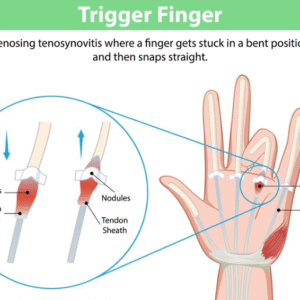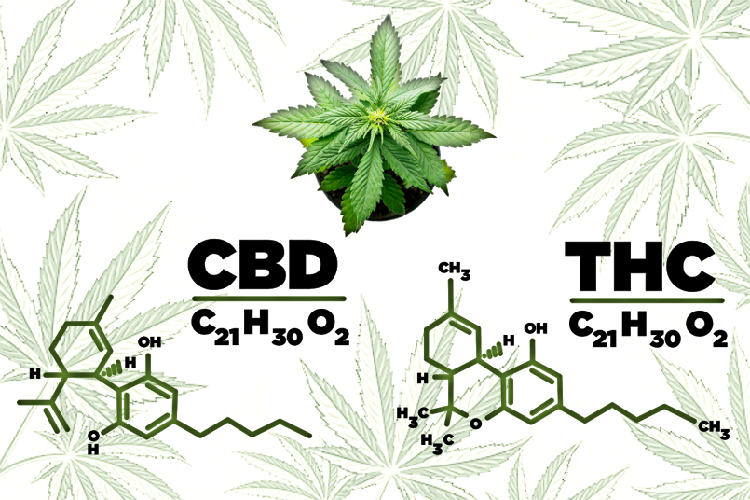The medical industry has a long history, but it has evolved significantly with time. Aside from discoveries, scientific studies, and research findings, technological advancements continue to transform healthcare practices and bring new approaches. Moreover, emerging diseases require healthcare workers to devise new treatments, which further evolve the medical industry. The contemporary healthcare arena is vastly distinct from previous years. Today, medical workers need to update their technical skills with medical knowledge to cater to patients’ needs.
The medical field stays busy all twelve months a year, as healthcare issues do not have a specific season. Instead, they are increasing alarmingly all year round. Several diseases are spreading fast, and unlike previous years, today, young people and children also suffer from severe illnesses.
Many people suffer from chronic diseases, blood pressure, sugar levels, and cholesterol fluctuations have become common medical problems. The influx of patients often strains healthcare systems, and medical workers struggle hard to cope with many patients. Technological advancements have brought new medical equipment and tools to the forefront to help healthcare workers deal with patients and perform effectively.
5 Ways Emerging Technology is Changing Healthcare
Modern-day health facility centers are equipped with technical, medical equipment. Emerging technology helps medical professionals perform their day-to-day tasks efficiently and quickly. Below we are providing an inclusive insight into how the emerging technology brings a change in health facilities:
Telemedicine
In Telemedicine, virtual communication occurs between patients and physicians. Doctors and nurses are using video conferencing to see and treat patients by assessing them through technology. It eliminates the need for patients to drive to the physician’s clinic. Telemedicine helps people who want to take multiple opinions before making critical decisions for their health. Through Telemedicine, they can easily contact healthcare professionals even from across the borders. Experts say that Telemedicine will further ease in performing healthcare practices. Digital communication helps patients and doctors and saves their valuable time.
In comparison, patients are recommended to consult doctors physically in case of emergency. In severe health condition, digital communication help in taking immediate action which can minimize the harm. Furthermore, there is a rise in demand for IT professionals in the health sector. Medical professionals who hold a health informatics masters degree possess advanced technical skills. They can help other healthcare professionals to use technology for communicating effectively.
Updated Software Improves Efficiency
Technology has enabled healthcare facility centers to have customized software as per their needs. The software helps in coordination among staff members and stores and retrieves information from the records. Technical developments bring an advanced version of the software from time to time which promises to provide better results in less time. The advanced software enables healthcare professionals to access information from anywhere and make timely, effective decisions.
Healthcare professionals had to indulge in excessive paperwork and maintain them. The emergence of software has streamlined workflow and has saved healthcare professionals from doing paperwork. Medical workers are using their energies in providing care to the patients, resulting in improved efficiency.
Healthcare Trackers
People dealing with severe medical issues are often in danger as their health conditions can deteriorate at any time. Emerging technology has resulted in technological trackers, which can help people track their loved ones suffering from a health disorder. Moreover, many wearable trackers record patients’ vitals on the go and transmit information to the concerned person.
Sometimes patients do not realize palpitations occurring, blood pressure, sugar, or cholesterol level rising or lowering, but the tracker scan all the readings and records them. These trackers help in identifying emergency and has made it possible to provide patients with immediate care.
Electronic Medical Records and Test Results
Patients’ records are like a holy grail in medical facility centers. Organizations make efforts to store, organize, and keep them secure. Healthcare professionals refer to patients’ old records, as they help them evaluate patients’ conditions and prescribe medications. Managing files was a hassle, and healthcare professionals had to invest time finding a specific patient record. Additionally, with manual recording, there is always a chance of human error, and people often misplace files. Healthcare facility centers often suffered from the loss of records.
Emerging technology has brought forward digital means to maintain patient records electronically. Today, healthcare professionals can access any patient data from anywhere through a designated code. Doctors can easily share patients’ information with other healthcare experts and take their opinion while devising treatment plans. Furthermore, with technology, medical organizations can generate electronic bills. It does not take hours to process as technology has made the procedure quick and accurate.
Another benefit of emerging technology is that it provides quick medical test results. People used to wait for days to receive their scans’ results and could not get them unless they visited the laboratories. Emerging technology has changed the way laboratories perform. Now, they send patients’ test results through digital means, which speeds up the treatment process.
Data Analytics
Data has become an important word as it has been creating a buzz in many industries. The procedure of interpreting quantitative data to derive insights, identify trends, reveal qualitative pieces of information, and answer questions is data analytics. Data analytics help in many healthcare operations, and medical professionals can use this derived information to improve their processes.
Data analytics can help determine areas of improvement by evaluating medical procedures, detecting anomalies in scans through machine learning algorithms, and predicting the results of treatments. Data analytics assists healthcare facility centers’ leaders to make effective, timely decisions, consequently improving organizations” proficiency.
Conclusion
Technological developments have evolved human lives more in the past ten years than they did in the last three decades collectively. From communication, transport, education to home chores, technology has made its presence in every sphere. Advanced medical equipment and tools help doctors and other healthcare workers in diagnostic processes and designing treatment plans.
Today, technology plays a significant role in delivering quality care to patients. The modern world is fast-paced, and experts forecast that the momentum of technological advancements will be even faster in the upcoming years. Technology will continue to evolve healthcare practices. New technical devices will further emerge to assist healthcare professionals in treating patients.






